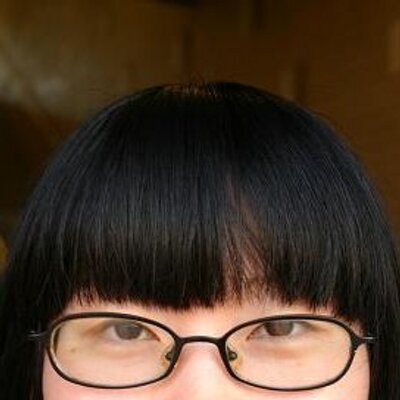One success has led to another for Vincent Cheung, a PhD candidate in computer engineering who has turned a side project into a booming software business. Cheung, 29, is the creator of Shape Collage, a program that can arrange hundreds of photos into any shape in a matter of seconds.
In a little over a year, more than two million people around the world have downloaded Cheung’s software. Last August, he licensed the program to PhotoBox, the biggest online photo printing company in Europe, and he is currently negotiating licences with several other companies. Shape Collage’s success has also made an impression at business competitions: Cheung has won or placed at eight contests since February and garnered $53,000 in winnings.
In May, Advancing Canadian Entrepreneurship named Cheung national champion in the “student entrepreneur” category. In the final round of competition in Calgary, three of the 34 CEOs and venture capitalists who served as judges asked how they could invest in Shape Collage. Cheung isn’t sure he needs their money. “There’s enough revenue coming in that I can grow the company as is,” he says.
Cheung came up with the idea for Shape Collage after internship at Google’s head office in California in 2006. He wanted to commemorate his experience with a photo collage, but it took him hours to make one using Photoshop. After he returned to Toronto, he set to work to speed up the process. Within months, he had created the code for Shape Collage.
He first offered the software online for free in 2008. When users emailed and volunteered to pay, Cheung knew he was onto something. He sought advice from the U of T Innovation & Partnership Office and professors at the Rotman School of Management. He incorporated last year.
Cheung settled on a “freemium” business model. Users can download a free version of Shape Collage that puts a company watermark on all the designs it creates, or they can pay $25 for a premium version that doesn’t use the watermark and gives more options for editing and saving projects. Cheung had tried using a donations button and ads on the site, but they yielded little income.
With a budding business, Cheung had to shift focus temporarily. “I call it research ADD,” Cheung says. “I’ll work on a project but I’ll get stuck, and I’ll tinker with this other thing and see how it goes.” After he wraps up his thesis at the end of 2010 (fingers crossed), he’ll go to work on Shape Collage full-time.
Cheung wants to expand the software into mobile and tablet applications, and plans to hire a couple of staff this summer. “There are 100 million digital cameras being sold worldwide and a significant number of those could want to create a photo collage, so two million users are just a small scratch,” he says. “I’m not even close to optimizing what I have in front of me.”





